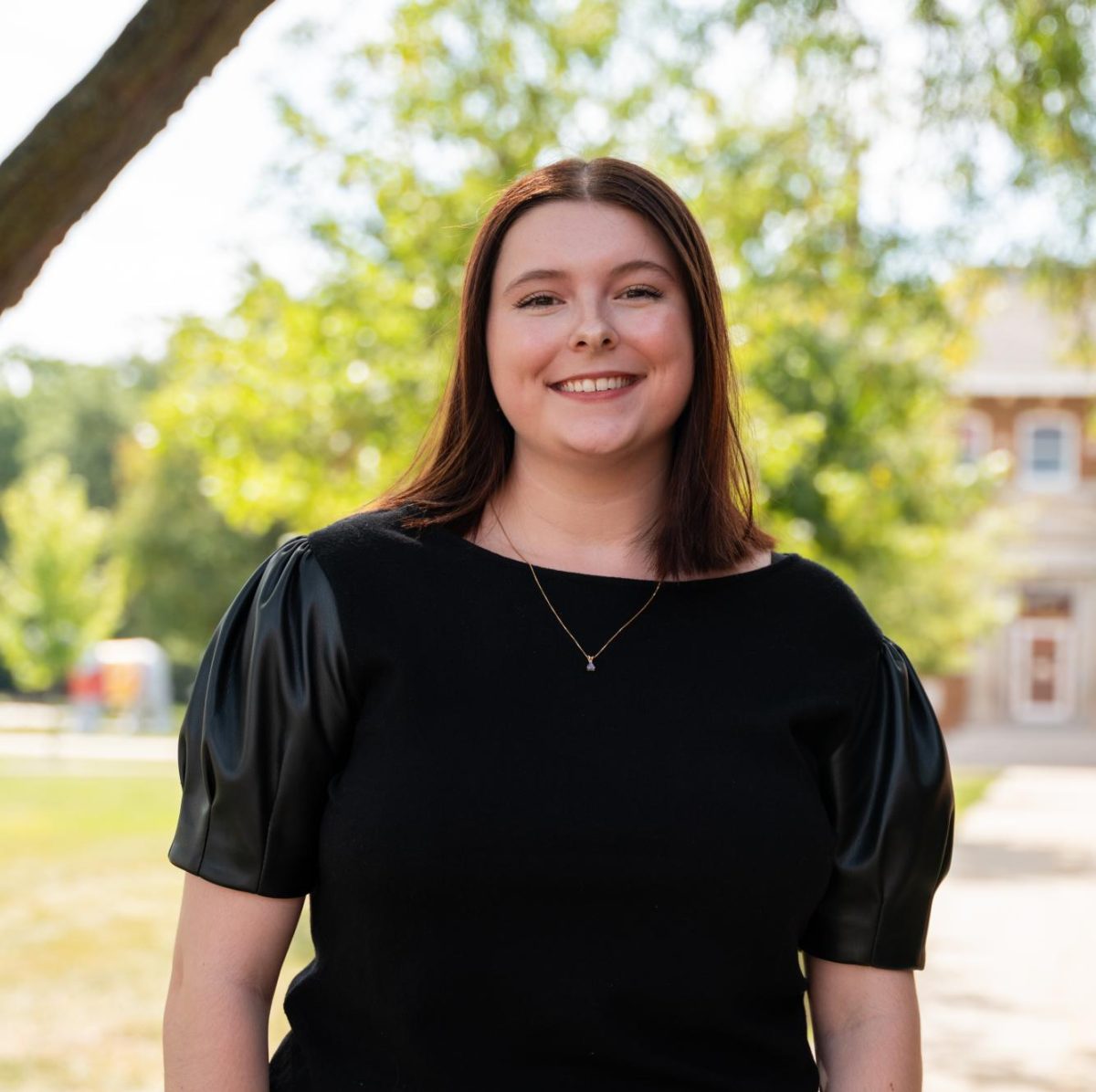Faculty vote on changes to curriculum
November 11, 2009
After several years of debating, planning and voting, Simpson College is now ready to begin implementing changes to its curriculum.
A proposal by the Learning Programs Working Group was approved by the faculty at their meeting on April 14. At a faculty meeting on Nov. 3, faculty voted to approve the implementation plan of the new curriculum.
“The thinking behind this had to be a part of the discussion as we went along,” Rick Spellerberg, professor of mathematics and chair of the education policy and curriculum committee, said. “The bulk of the work was done by a working group last summer, and that was a group that consisted of faculty members, administrators, and just about every segment of the campus community was involved.”
Although there had been some differing views among the faculty regarding whether or not the new curriculum would be a good idea, when it came to voting on its implementation, most of the concerns had been dealt with.
“It’s gotten to the point where there was enough of a buy-in factor and enough people involved that things had been flushed out beforehand,” Spellerberg said. “It’s going to happen, and really what’s going on now is just minor tweaking here and there on every kind of document that’s involved.”
As with all proposals brought up before the full faculty, a 28-day waiting period was needed between the proposal and a vote by the full faculty.
That period is “for people if they had concerns or issues or if there was something they weren’t understanding,” Spellerberg said. “But there hasn’t been anything major, because all those had been flushed out.”
The implementation of the new curriculum itself is expected to take up to two years. Spellerberg said that the plan will be phased in certain parts at a time.
“That’s what was brought up about by that working group last summer in terms of what’s the best way to phase things in,” Spellerberg said. “We’re slowly phasing out some of the general ed. requirements and incorporating the new curriculum. Some of it’s going to happen right away, and some of it’s going to go through a two-year cycle.”
The new curriculum will change some familiar parts of Simpson to the older students. Senior colloquium will be replaced with a capstone course in each individual major. Only two May Terms will be required instead of four, and the number of credits to graduate will be changed, so students will only have to take four classes per semester.
“The writing competencies will be gone, and will be replaced with more writing across the curriculum,” Spellerberg said.
Spellerberg added that the specific criteria has not been approved yet, as it was only brought to the faculty at the Nov. 3 meeting. It will be voted on by the faculty at the next meeting following 28 days.
Some students have questions about the curriculum or aren’t really aware of what exactly will happen.
“Being a first-year, you can go either way with it,” freshman Jacob Kirby said. “If (the curriculum) changes, you don’t really care.”
Sophomore Jess Drobot had concerns with double-majoring.
“I’m questioning if, with the new curriculum, I can double-major and still graduate in four years,” Drobot said.
Junior David Turner was disappointed about the loss of senior colloquium.
“I have been looking forward to that because there’s no set major to a class,” Turner said. “Senior colloquium gives you a chance to interact with others not in your major.”
Although some have concerns, Spellerberg said the students were always at the forefront of the faculty’s minds.
“I can guarantee you that when the committee was working on this, the primary concern was the students and to try to make this as smooth as a transition as possible for both the students that are here and those new students that are going to come in,” Spellerberg said.
Spellerberg said that he feels the new curriculum will bring new opportunities.
“There’s a lot of potential there for doing great things,” Spellerberg said. “One of the areas that will be a focus is more interdisciplinary-type experiences for students and faculty, and I think that’s a big plus.”




